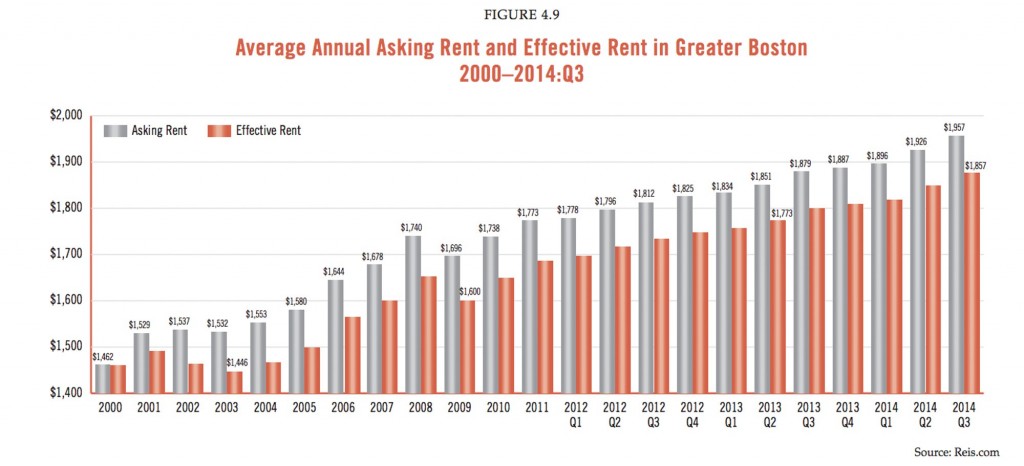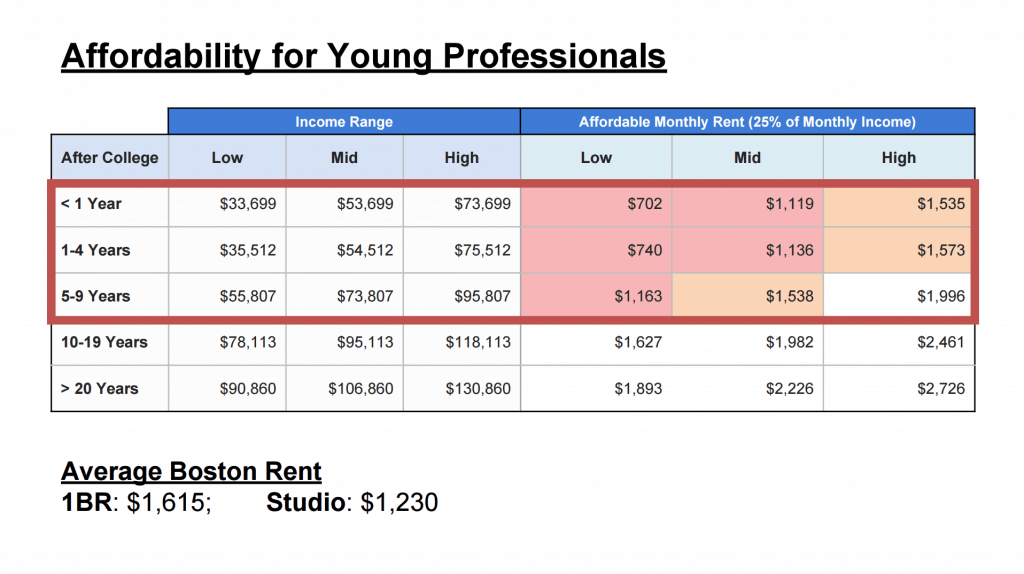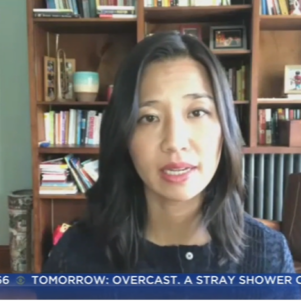Sumu: a new online platform to find the perfect roommate
By Beth Treffeisen | August 20, 2015, 17:25 EDT
 Courtesy of Sumu
Courtesy of Sumu With rising rent costs and a surge of young professionals moving into the Boston area, residents are finding that locating affordable housing in good neighborhoods with suitable roommates is becoming more difficult than ever.
According to the 2014-2015 Northeastern University Housing Report Card, the economy in the Greater Boston area is thriving, being driven by the life sciences, health care, financial services, and higher education sectors. As a result, many millennials want to live in Boston, and are doing so in large numbers. They prefer walkable, transit-serviced urban neighborhoods in close proximity to the city.
The growing demand for urban, transit-linked housing has resulted in rising rent costs every year since 2009, with sharp quarterly increases since 2012. Many young professionals are now doubling or tripling up with roommates in order to afford rental housing.
Craigslist is a popular website for apartment listings, but it is plagued by problems with anonymous sources, poor photographs, and unclear communication lines. As a result, many people find it a difficult source for locating prospective roommates.
Sumu was launched to address these problems. It is an online platform for finding suitable roommates at a given price range. Co-founders Daniel Tewfik and Ethan Setnik designed Sumu after talking to people about the major drawbacks of living in Boston. A common complaint was that if somebody had to move or to find a roommate, they were limited to Craigslist.
“What we know anecdotally from our long-term Boston residents is that people move at least once a year, especially after college and especially at the time in and after college before they kind of settle down with maybe a significant other or buying a place,” said Tewfik.
Most of the people signing up for Sumu are younger, and female users out number men by about 10 percent. The highest user rates are among recent college graduates between the ages of 22 and 30, when finding a place to live can be the hardest.
With that information in mind, Sumu is working hard to create a safe community with legitimate sources and well-defined lines of communication between potential roommates. It is a clear attempt to address the shortcomings of Craigslist. For now, the community is small enough that the users have been able to determine among themselves whether or not the people involved are real. In the future, Setnik and Tewfik plan to build a verification system similar that of other third party social networks, such as LinkedIn, Facebook, the dating app Tinder, and the room rental AirBnB, using credit cards or driver’s licenses.
In creating the website, Sumu’s designers found that many people wanted sub-leases to fill vacant rooms from tenants who have moved out. The website’s users can change and add roommates on a current lease, which is a feature that Craigslist doesn’t provide.
The website was developed to help prospective renters better identify with whom exactly they will be living: “[Finding a roommate often felt] like a bait and switch because you felt comfortable talking to this person but then you end[ed] up moving in with an entirely different group of people,” said Tewfik.
In the future, Sumu plans to concentrate on services that sort, filter, and prioritize potential roommates to make the selection process easier. They also plan to develop the verification system and safety features, and develop a feature that will allow users to pay rent and security deposits. In this way, they can avoid dealing with landlords and paying broker fees.
Tewfik said, “However you end up finding your home, we hope to be there.”













